
Alumni
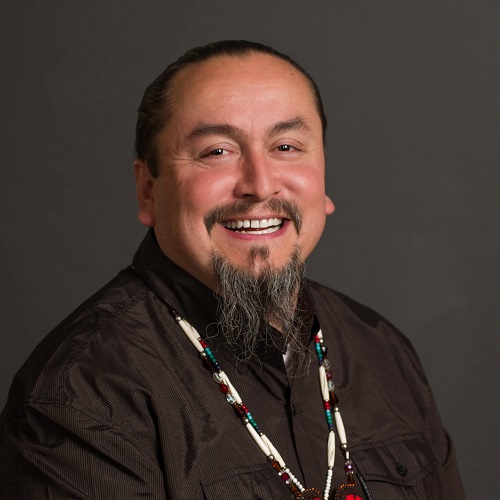
Derrick Belgarde, MPA 2015
“The MPA program gave me connections and relationships formed through alumni and the Seattle University community that have broadened my network and provided the opportunity to serve on several boards.”
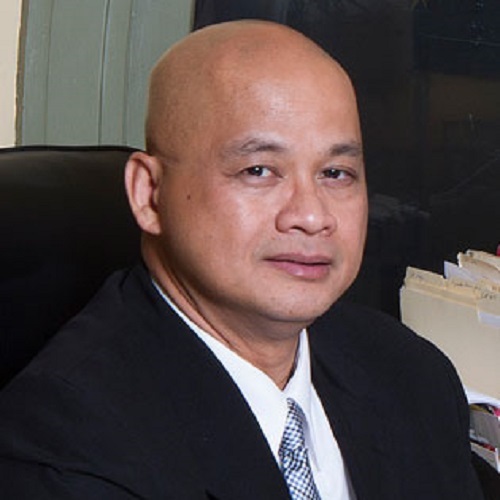
Irwin Batara, MPA 1993
“A highlight from the MPA curriculum was learning about organizational systems. This has helped me throughout all the organizations that I’ve worked with. It has also enhanced my understanding of race and social justice issues that I continue to apply today.”
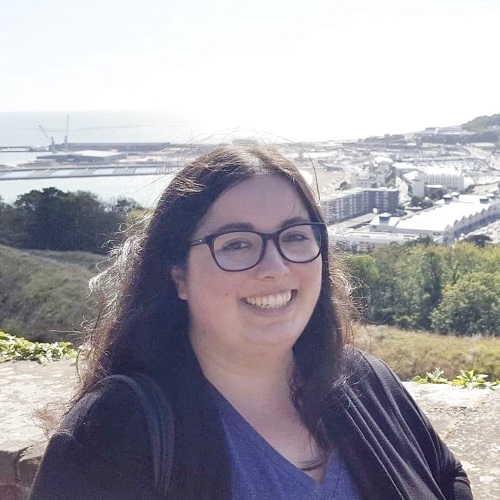
Ellen Montanana
“The MPA program taught me how to apply practical skills, especially policy implementation and analysis. Understanding how to take a good idea and make it happen is an invaluable skill.”
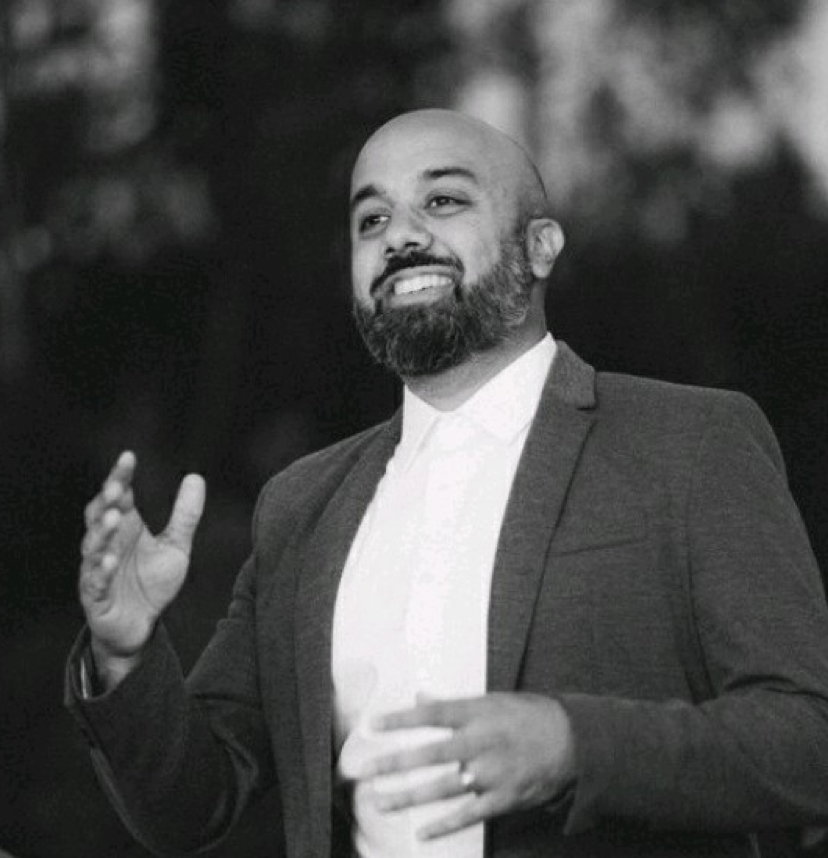
Karan Gill, MPA 2011
“I chose the Seattle University’s MPA program because of how it aligned with my public service career and its commitment to social justice. Prior to joining the program, I had worked in the Washington State Legislature and was working for a nonprofit focused on reducing poverty on a local level. I felt Seattle University’s program and its mission would help enhance my skills and connect me to fellow public servants with similar values. And it did.”
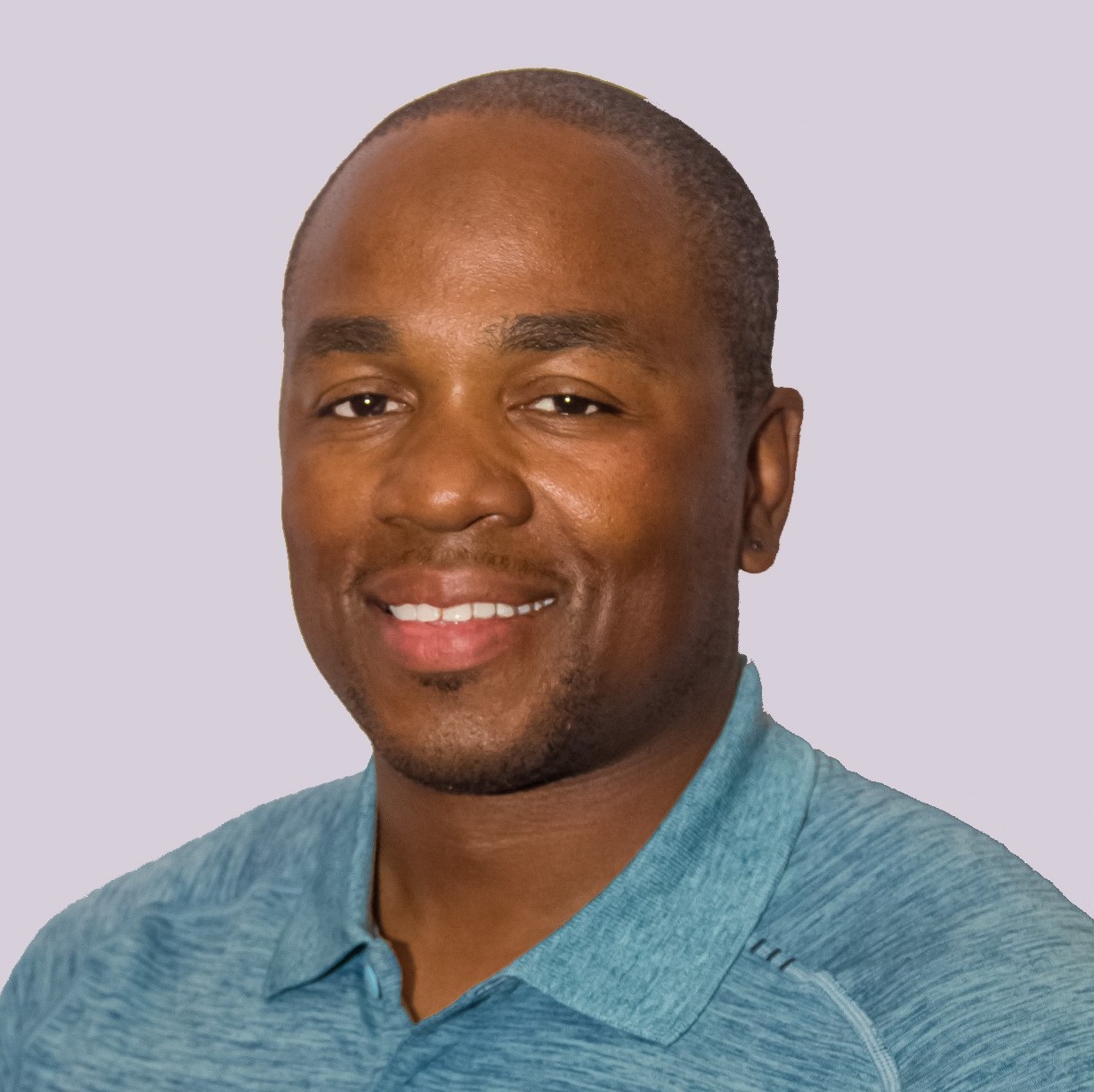
Willie Seals, III
“The MPA degree has been an asset because it gave me the tools and resources to set the foundation for co-creating/founding a non-profit organization called The Academy for Creating Excellence (ACE). ACE is in service of young black men and young men of color, cultivating their innate excellence and cultivating viable world citizens.”
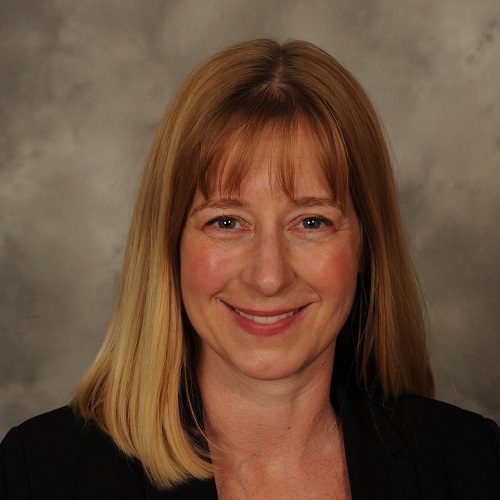
Jessica Curtis, MPA 2006
The MPA degree “was very helpful in transitioning to the non-profit space. During the program, I did an internship with a startup nonprofit which turned into a job after I graduated. I used those skills and was able to pivot to working for United Way of King County where I have had a very rewarding career and lots of opportunities for growth.”
Read More About Selected Alumni
-
Derrick Belgarde
-
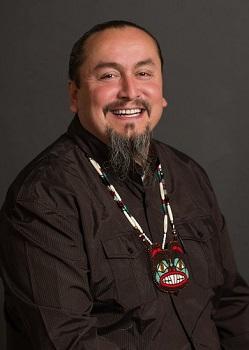 Derrick Belgarde is an enrolled member of the Confederated Tribes of Siletz Indians of Oregon, and also Chippewa-Cree from Rocky Boy Montana. He received his BA in Public Affairs in 2013 and his Master in Public Administration (MPA) from Seattle University in 2015.
Derrick Belgarde is an enrolled member of the Confederated Tribes of Siletz Indians of Oregon, and also Chippewa-Cree from Rocky Boy Montana. He received his BA in Public Affairs in 2013 and his Master in Public Administration (MPA) from Seattle University in 2015.Derrick was recently selected Executive Director of chief Seattle Club, an organization dedicated to providing food, health care, and housing assistance to urban Native people. Derrick has been with Chief Seattle Club for over six years where he has been instrumental in developing the organization’s first housing project, Eagle Village, and building an approach to provide shelter and permanent housing for Natives. Chief Seattle Club has two buildings in the works and is trying for a third as, under Derrick’s leadership, they work toward a world without Native homelessness.
Derrick notes that one asset he took from the MPA program is the connections and relationships he formed through alumni and the Seattle University community that have broadened his network and provided him the opportunity to serve on several boards, including Downtown Emergency Service Center, Seattle King County Coalition on Homelessness, Capitol Hill Housing, and the Washington State Affordable Housing Advisory Board.
In discussing his ethical lens in organizational practice, Derrick suggests remaining authentic and cautions against cheapening a focus or mission to gain support. “A good cause and mission will sell itself to the people who care.” He encourages MPA students to “follow their hearts, stay true to themselves and their principles and pursue the changes they want to see through action-oriented steps.”
-
Irwin Batara
-
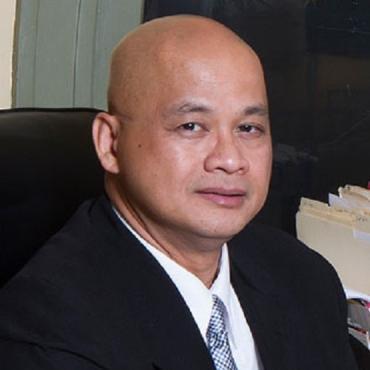 Irwin Batara received his MPA from Seattle University in 1993. He is currently the Director of Equity, Diversity, and Inclusion with Neighborcare Health. For the last thirteen years, he served as Chief of Human Resources at YWCA, where he “provided strategic leadership by articulating HR needs and plans to the executive management team and the Board of Directors. [He’s] also responsible for oversight of the volunteer services, internal risk, management compliance, and quality improvement.” Batara utilizes his skills and free time to consult on human resources and diversity equity and inclusion practices for small agencies. He is also active in the community and volunteers his time with the University of Washington and Seattle University.
Irwin Batara received his MPA from Seattle University in 1993. He is currently the Director of Equity, Diversity, and Inclusion with Neighborcare Health. For the last thirteen years, he served as Chief of Human Resources at YWCA, where he “provided strategic leadership by articulating HR needs and plans to the executive management team and the Board of Directors. [He’s] also responsible for oversight of the volunteer services, internal risk, management compliance, and quality improvement.” Batara utilizes his skills and free time to consult on human resources and diversity equity and inclusion practices for small agencies. He is also active in the community and volunteers his time with the University of Washington and Seattle University.When considering advanced degrees, Batara knew there were not many people of color in management positions. After learning about SU’s MPA, he felt that the program offerings and credentials would open doors and provide additional career opportunities. Reflecting on his MPA experience, he highlights professors whose advice continues to influence his decision-making. Batara distinguishes organizational management as a skill that informs his approach at agencies and enhances his understanding of race and social justice issues. Batara does incredible work promoting diversity, equity, and inclusion initiatives. His involvement in DEI practices, in part, stems from the foundation taught through the MPA program. When implementing social justice initiatives, it can be a challenge to facilitate client, management, and board buy-in as well as trust among staff and leadership. The skills of planning, implementation and execution from classes on organizational and change management are crucial to establishing credibility and give Batara the confidence and competence to make these initiatives run smoothly. He is proud of his ability to not only plan but successfully implement these initiatives.
For current MPA students, Batara advises them not to be afraid of change and never stop being a student in life. You can enhance the knowledge acquired through the MPA program by, for example, adding a race and social justice lens as he does with his work. No matter where you are in your career, always remain open to learning and asking questions. Batara summarizes his advice by quoting a martial art saying, “I must train with the spirit of humility.”
-
Ellen Montanana
-
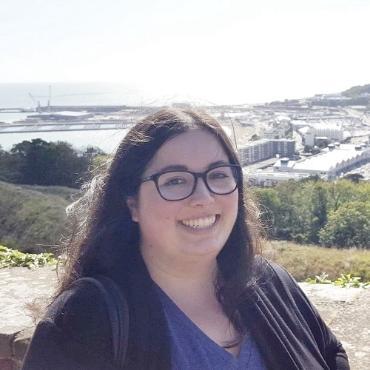 Ellen Montanana received her MPA from Seattle University in 2017 and is now Bellevue’s Emergency Management Planning Program Administrator. She primarily drafts emergency plans for the City of Bellevue, which include versatile procedures adaptable depending on the circumstances. During emergencies, she staffs the Emergency Operations Center (EOC) and coordinates information and resource sharing with all relevant parties. She utilizes EOCs during minor incidents like windstorms and prominent events like the COVID-19 pandemic. Working with a small team in Emergency Management, she has several roles which require competency in many areas such as education, outreach, training, human resources, budgeting, city management, mapping, and operations.
Ellen Montanana received her MPA from Seattle University in 2017 and is now Bellevue’s Emergency Management Planning Program Administrator. She primarily drafts emergency plans for the City of Bellevue, which include versatile procedures adaptable depending on the circumstances. During emergencies, she staffs the Emergency Operations Center (EOC) and coordinates information and resource sharing with all relevant parties. She utilizes EOCs during minor incidents like windstorms and prominent events like the COVID-19 pandemic. Working with a small team in Emergency Management, she has several roles which require competency in many areas such as education, outreach, training, human resources, budgeting, city management, mapping, and operations.Ellen started working in Emergency Management through an AmeriCorps program and found that she wanted to pursue a similar career through government. She felt that an MPA would provide practical skills relevant to her work. A Seattle University MPA alum and coworker suggested the program and encouraged her pursuit. Ultimately, the evening classes allowed her the flexibility to continue her work and advance her degree, while the diverse coursework and social justice lens made the SU program appealing. In reflecting on her experience, the MPA program taught her how to implement practical skills, including analyzing policy, budgeting, conducting a hiring process, and using geographic information system applications. The MPA program taught Ellen practical skills she uses regularly and remains an asset by supporting diverse career paths and management potential.
Ellen advises MPA students to take advantage of short-term graduate-level study abroad opportunities. She also emphasizes the importance of getting to know your classmates and professors. Each person in the program has a wealth of life experience that you can learn from and utilize for professional and personal growth.